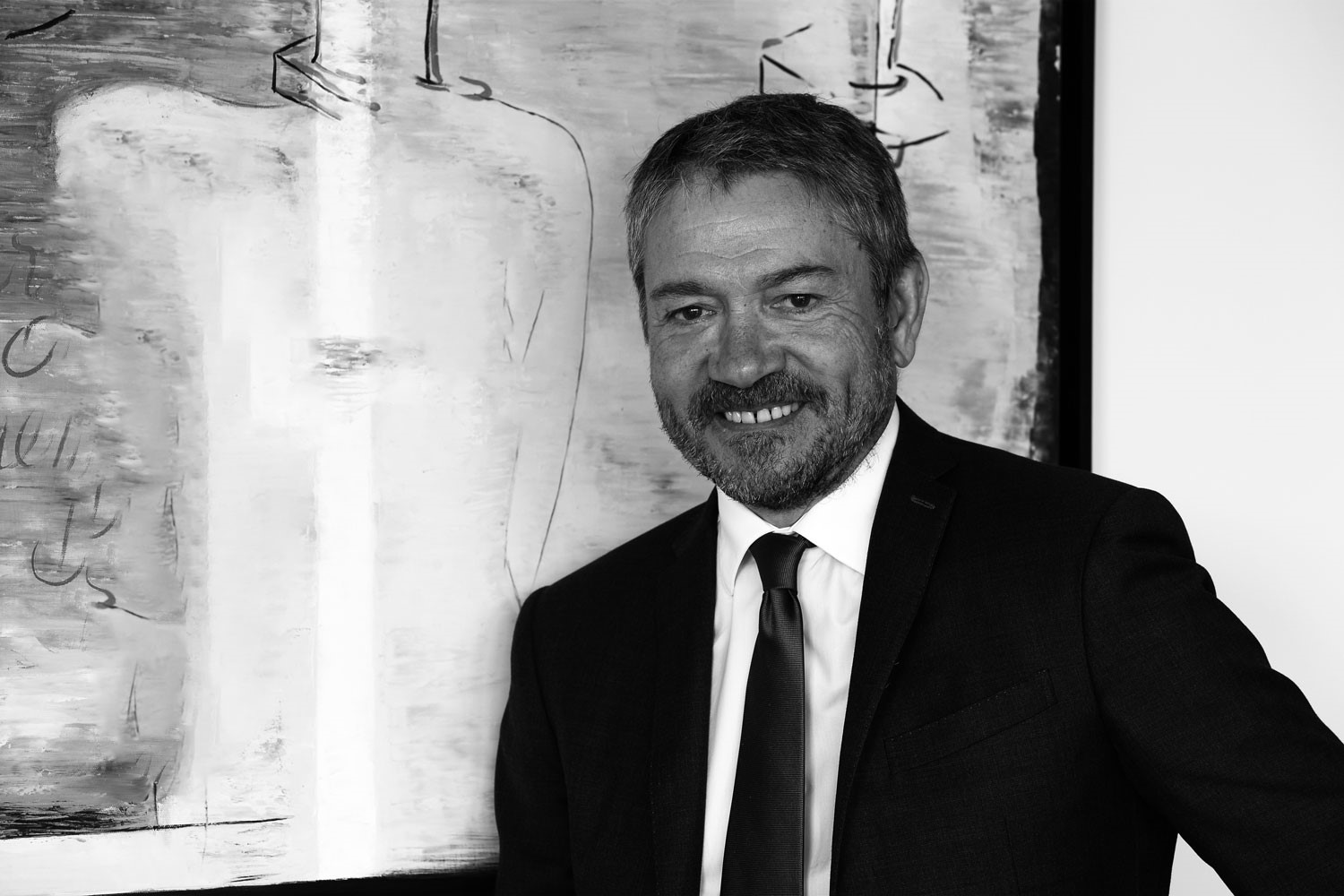Faced with this unprecedented health situation, Patrice LAFARGUE, President of GROUPE IDEC, was keen to make his position clear by answering a few questions. He looks back over the measures that the Group immediately took to protect everyone’s health by putting an activity continuity plan in place encouraging its staff to Work From Home, and highlights the support it offered not only to its customers, but also to its partner companies with economic solidarity in mind. The company is now turning towards the future, marked by its determination to accomplish ever-more ambitious projects with its customers whether in France or abroad, while placing an energy and environmental dimension at the heart of its considerations.
Like most of the players in the real estate sector, your activity has been seriously disrupted by the COVID-19 epidemic. How has GROUPE IDEC coped with this pandemic?
Patrice LAFARGUE “Responsibly. As early as 17 March, without waiting for the recommendations from the authorities, we made the decision to suspend all our building sites for an indefinite length of time. This was the obvious choice for us to guarantee the safety of our staff, partner companies, customers and families. In our own ranks, we closed all our agencies in France which employ around 400 people and imposed WFH on a large proportion of our staff.”
The resumption of work in the construction sector has seen a great deal of uncertainty, how did you and your teams position yourselves during these times of hesitation?
Patrice LAFARGUE “We held an exceptional Executive Committee meeting every day to monitor how the health and regulatory situation was developing. We were in contact with our customers and partner companies at all times. It was clear that without a precise framework for guaranteeing the safety of the women and men who work on our sites, we would not be able to relaunch the construction of our developments. As soon as the Guide de Préconisations (Recommendations Handbook) was published by OPPBTP, the reference risk prevention body in the construction sector, with which we have been associated for more than three years, we started to actively work on establishing partial relaunch strategies for our construction sites. Our technical teams mobilised to grasp these new constraints required for the satisfactory accomplishment of our works with the safety and health of the people involved as our key goal.”
In concrete terms, how have the construction sites been reorganised in the face of this epidemic?
Patrice LAFARGUE “With the support of the Directors of our different subsidiaries and of our QSE Manager, we have deployed strong initiatives to ensure the safety of everyone working on our sites. We have adapted the activity of our sites by preferring an organisation that limits co-working as much as possible and putting strict hygiene measures in place. All of these initiatives have allowed us to relaunch nearly all our developments in degraded mode. We have focused on working in a collaborative and concerted way with our partners in the interests of everyone’s safety, while enabling the necessary relaunch of our activity.”
How is GROUPE IDEC now going to get to grips with the future?
Patrice LAFARGUE “In parallel with this crisis management effort that we have implemented with my management teams and historical associates, we are already looking at the new challenges we will have to take up. GROUPE IDEC has sound human and financial assets for accompanying its customers through this change. More than ever, we want to place all our energy and that of our personnel at the service of our customers. We have realised that this crisis is going to completely change the way we see the economic and business world. Certain industries are going to focus on bringing part of their activity back to France or Europe to avoid being confronted with new dependencies regarding strategic goods. We want to bring our expertise and know-how to help these agribusiness and life-science industries, to mention just those two, to rethink their organisational model. We are also very keen to stand at the sides of the logistics sector which has also seen a mutation in its activity during this period and show the strategic role it has to play regarding procurement during this period. This trend should continue over the next decade or so. More generally speaking, we are already exploring all the challenges that our customers are or are going to be confronted with so we can offer them an appropriate response for building a different, more sustainable, smart and connected type of real estate.”
Well, precisely, what are GROUPE IDEC’s assets for supporting its customers?
Patrice LAFARGUE “We are one of the rare players on the marketplace that is involved in every segment of the real estate business. With our subsidiary FAUBOURG PROMOTION, we work closely with local authorities to help them in the development of their areas with logistics, activity and business parks fully integrated in their environment. We are also standing firmly at the side of companies to help them develop, fund, design and build every type of corporate or residential real estate project. We are in a position to fund and ensure the lease management for our customers’ developments through our subsidiary GROUPE IDEC INVEST. This comprehensive approach with a single partner and this complementarity of our trades in our view represent the best way of providing an appropriate and coherent response to the challenges faced by all our partners and customers.”
In twenty years or so, GROUPE IDEC has built up a reputation as a major real estate player. What are the sectors where you really stand out?
Patrice LAFARGUE “As planners, we have already completed 500 hectares of developments in the country, and nearly as much in activity park developments. Furthermore, we build nearly 500,000 sq.m of real estate every year. We position ourselves as specialists in the agribusiness sector with our dedicated companies IDEC AGRO & Factory, CECIA and GEDOUIN INGENIERIE, both with our turnkey solutions and as project managers. As for the logistics sector, it represents our core business through IDEC, with the construction of projects going from 10,000 to 200,000 sq.m, with the most stringent environmental certifications (more than 2 million square metres certified to date). With IDEC SANTE, we also stand out with players in the pharmaceuticals, life-science and health industries with building and process experts and pharmacists who build the infrastructures and establishments that are vital for our health, and that of our children and seniors. Lastly, residential real estate also represents a sector that is developing strongly in our activity mix with the developer FAUBOURG IMMOBILIER, as is corporate real estate with SEQUABAT in particular.”
What are the keys to GROUPE IDEC’s success in your view?
Patrice LAFARGUE “My teams approach each new project as a challenge to be taken up. And I would like to congratulate and thank them for the total commitment they have shown during this period, including our design offices who have been working from home on a range of really exciting subjects. They certainly draw this inspiration from the high-level sportspeople that we support in their feats. Their expertise and know-how acquired with their customers are certainly among our principal assets. The complementary offers and services that we propose to our customers are also key factors in my eyes. Ensuring the maintenance of their buildings, carrying out the refurbishment of their installations or bringing them up to standard, putting QSE initiatives in place, proposing projects with audacious architecture and great customisation possibilities or BIM, not to mention steering the most ambitious environmental certification procedures — all of these things represent initiatives thought out to meet all of their economic, environmental and productivity challenges.”
You mentioned “smarter, more sustainable and connected” buildings, can you tell us more about that?
Patrice LAFARGUE “Despite the crisis that has hit us all, we have more than ever the desire and responsibility for building real estate that is more virtuous, energy-efficient and carbon-neutral. Our energy and environmental experts work on a day-to-day basis with their customers to imagine parks that are self-sufficient in terms of energy, and have a low impact on biodiversity, and buildings that become veritable power stations with the installation of photovoltaic panels, and biomass or geothermal systems. The environment has always been in GROUPE IDEC’s DNA, the best illustration of this being Francis JOYON, our skipper who has won some of the greatest successes in the world of sailing on-board his Maxi-trimaran IDEC SPORT, and who has sailed around the world a countless number of times, crossing the oceans simply driven by green power: the wind, and keeping to a minimum the fossil energy required to meet his needs for electricity.”
And a final word on your international development?
Patrice LAFARGUE “For several years we have also been focusing on the development of our activities abroad. We work closely with our customers to help them accomplish their projects in every corner of the world. Europe, Asia, the United States, we do not set ourselves any limits and we rely on our local presence or associated partners and specialists to plan, develop, design and build every type of project. We are working on a large number of exciting subjects that should quickly result in some wonderful stories.”


